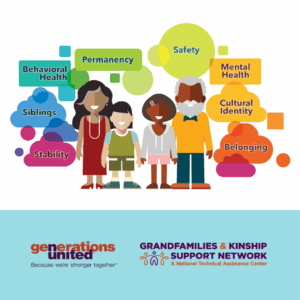
Doing Right by Families: Arkansas is Leading in Kinship Placements — Let’s Keep the Momentum Going
As we draw to the end of National Kinship Care Month this September, we continue to honor the grandparents, other relatives, and close family friends who step up to raise children whose parents cannot. Importantly, this National Kinship Care...









